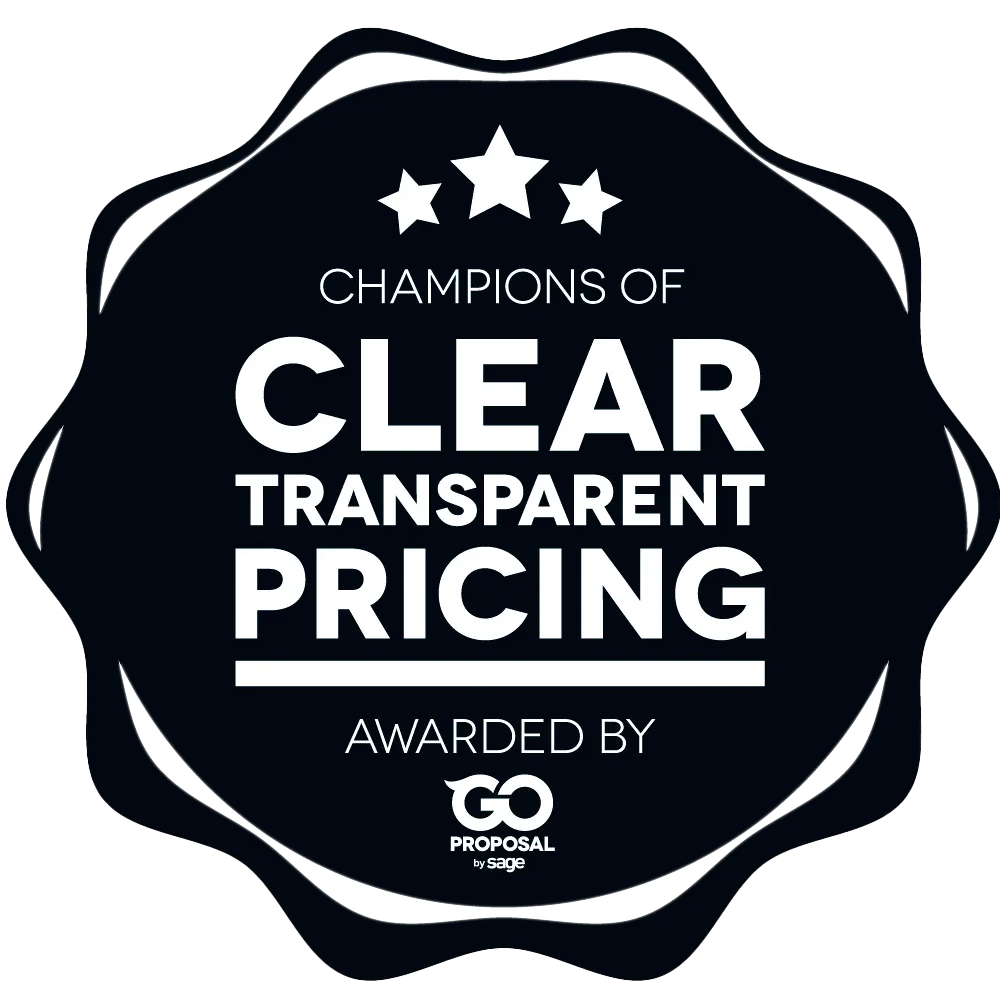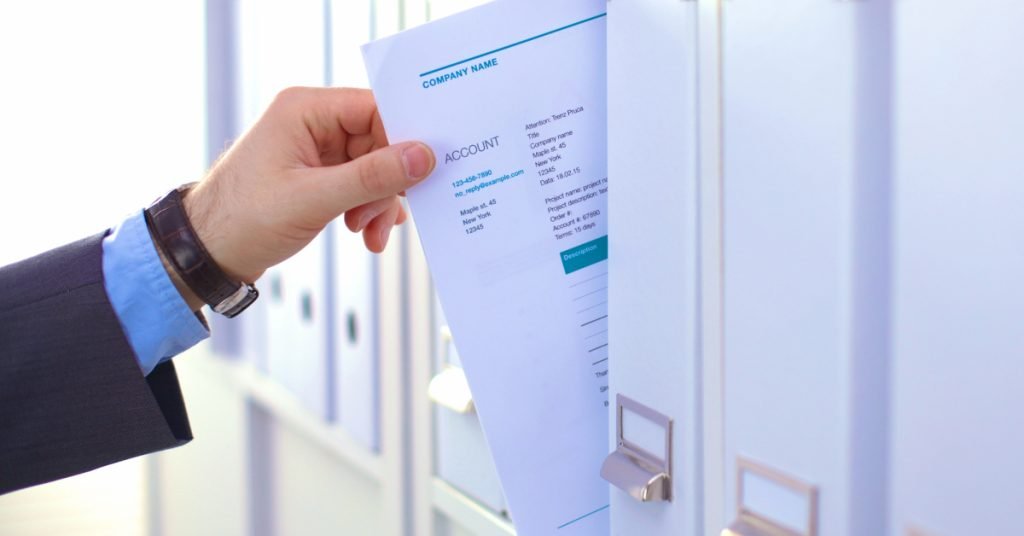If you don’t have a strong system to maintain your bookkeeping this can cause major problems. So here are a few essential tips that will guide you and make you aware of the basics of bookkeeping for small businesses.
Select the Perfect Bookkeeping Method:
The most widely used bookkeeping methods are single-entry and double-entry which are ideal for any business.
The business owners who use the single-entry method records income and outgoings on a hard copy cash book or a spreadsheet. The main thing to be noticed in this method is that it does not fully allow you to keep tabs on your cash flow needs. As it doesn’t track accounts like inventory, accounts payable (Suppliers that you owe money to), or accounts receivable (Sales income that is owed in).
Overcome the drawbacks you may face in the single-entry method by choosing the double-entry bookkeeping method. Here every transaction affects two accounts or for every debit in one account, there must be equal debt in other. Once the methodology is learned and put into practice it is the correct method to use to track the bookkeeping and accounting of every business. There are many off the shelf software that aims to make this simple. Including Xero, Quickbooks & Sage. Yet our advice would be to learn the basics of double-entry bookkeeping before trying to use these yourselves. If required Total Books consultancy services can train new business owners on the basics of these methods.
Categorise Your Transaction Correctly:
Recording the business transactions in an appropriate account is a very importantpart of the double-entry method for small business. There are commonly five types of accounts as follows:
- Assets- The resources owned by your business.
- Liabilities- considered as payable out in the accounting entry.
- Equity- This is the leftover amount of liabilities subtracted from the assets.
- Revenue- the sales company earns by providing their product or services.
- Expenses- This refers to the costs incurred in generating revenue.
Whilst bookkeeping, if you choose a wrong account type it will give rise to inaccurate financial statements. So be very careful to learn and categorise entries correctly before posting them to any software being used.
Track Accounts Receivable (Sales.):
In a nutshell, you are recording and tracking sales on a regular basis. If you don’t have a strong account receivable system, it can lead to cash flow problems and unpaid baddebts that are missed. The account receivable management process includes:
- A systematic invoicing platform that allows you to bill customers quickly.
- Ensure the invoicing ties in with your software so your bookkeeping and financial statements pick up real-time data from your sales ledger.
- An analysis tool to see who has been invoiced and who has not paid
- A way of generating reminders and chase letters for customers that have not paid
Managing the Account Payables Accurately (Purchases):
If you are managing a large number ofinvoices and suppliers, then you need to maintain an accounts payable platform to track these. Using available software can take control of this process for your small business and will ensure you have a system to record and track invoices both paid and owed.If you wish to do this yourself as metioned before popular cloud-basedsoftware includes Xero, QuickBooks&Sage one.
Reconcile the Accounts:
In the bookkeeping process, whether you use software, spreadsheets or a good old-fashioned ledger/cash book, the end goal of bookkeeping is to reconcile the accounts to give a final trial balance. Here the final total of all debitsand credit entries should match. This final trial balance will enable the financial statements known as the Profit& Loss and balance sheet to be drawn up. This will give a clear snapshot of how your business is currently doing and how it has performed over the past month, quarter or year.
The above-mentioned steps sound like a fun challenge for some business owners but for others, it is all new and poses a complete nightmare. If you are from the latter category do not worry as the expert team of Total Books can take care of each and every task of your small business bookkeeping. So that you can focus on running your business. Leaving you with total peace of mind. If you would like some further consultancy on Cloud accounting and bookkeeping by local accountants please click to contact us.






